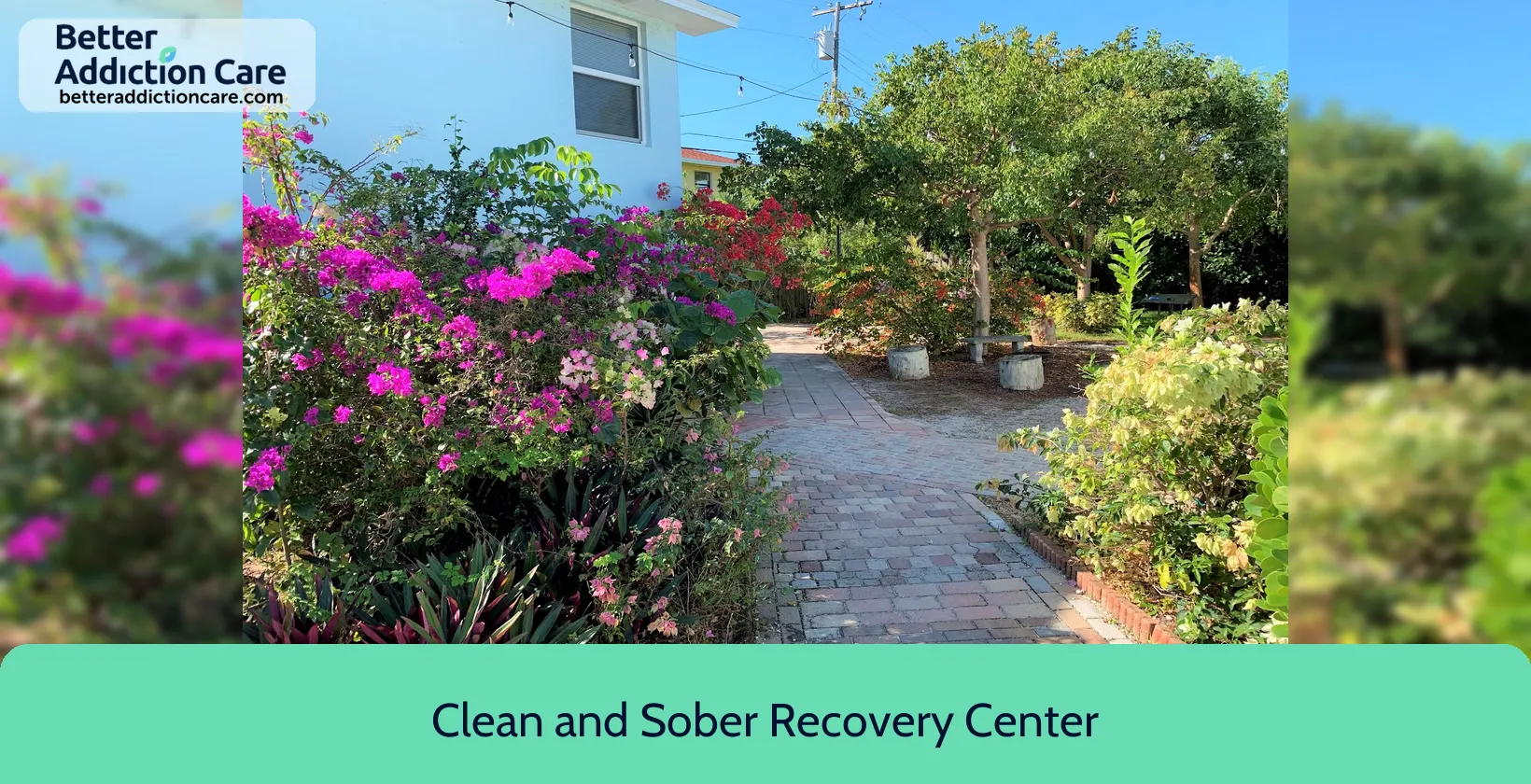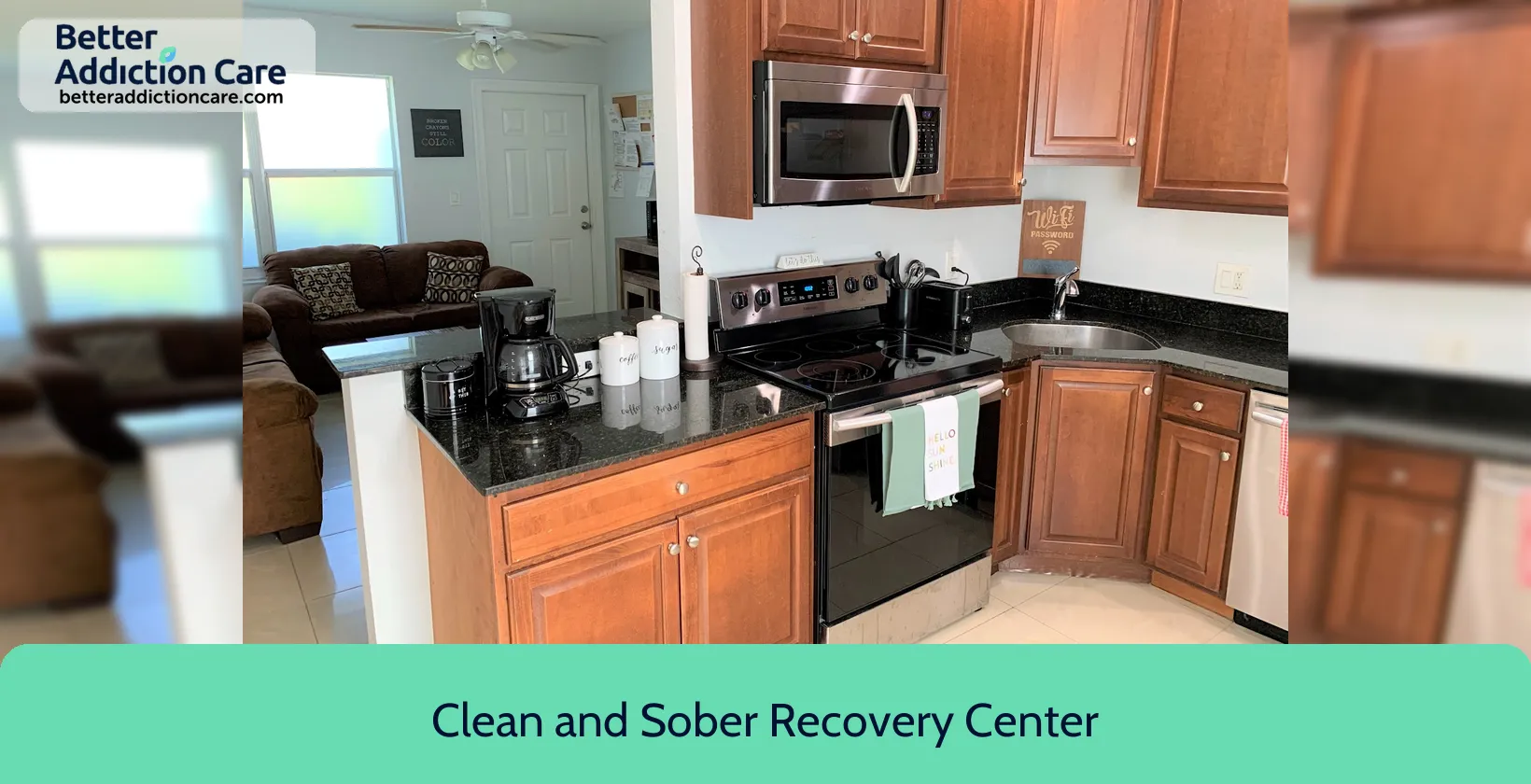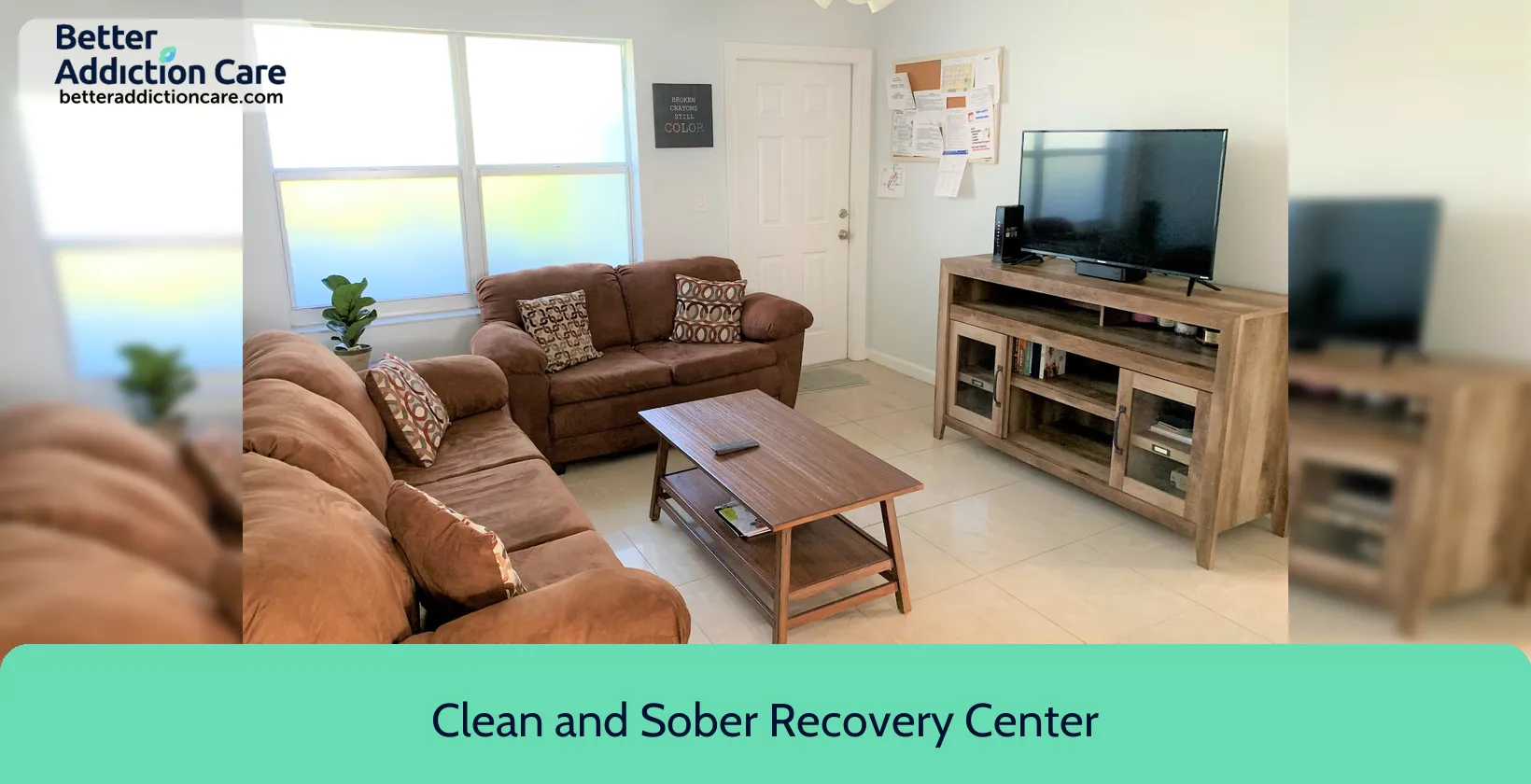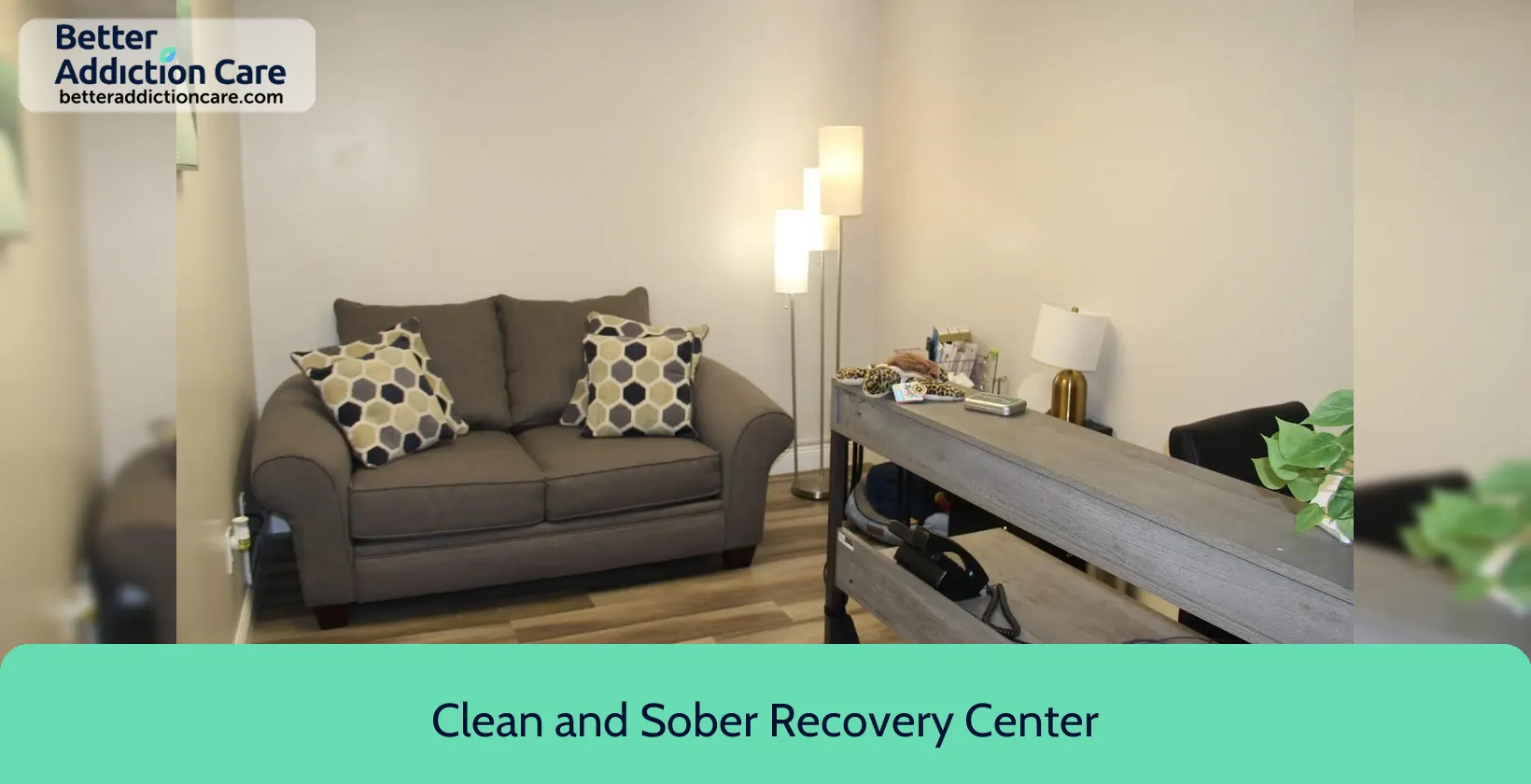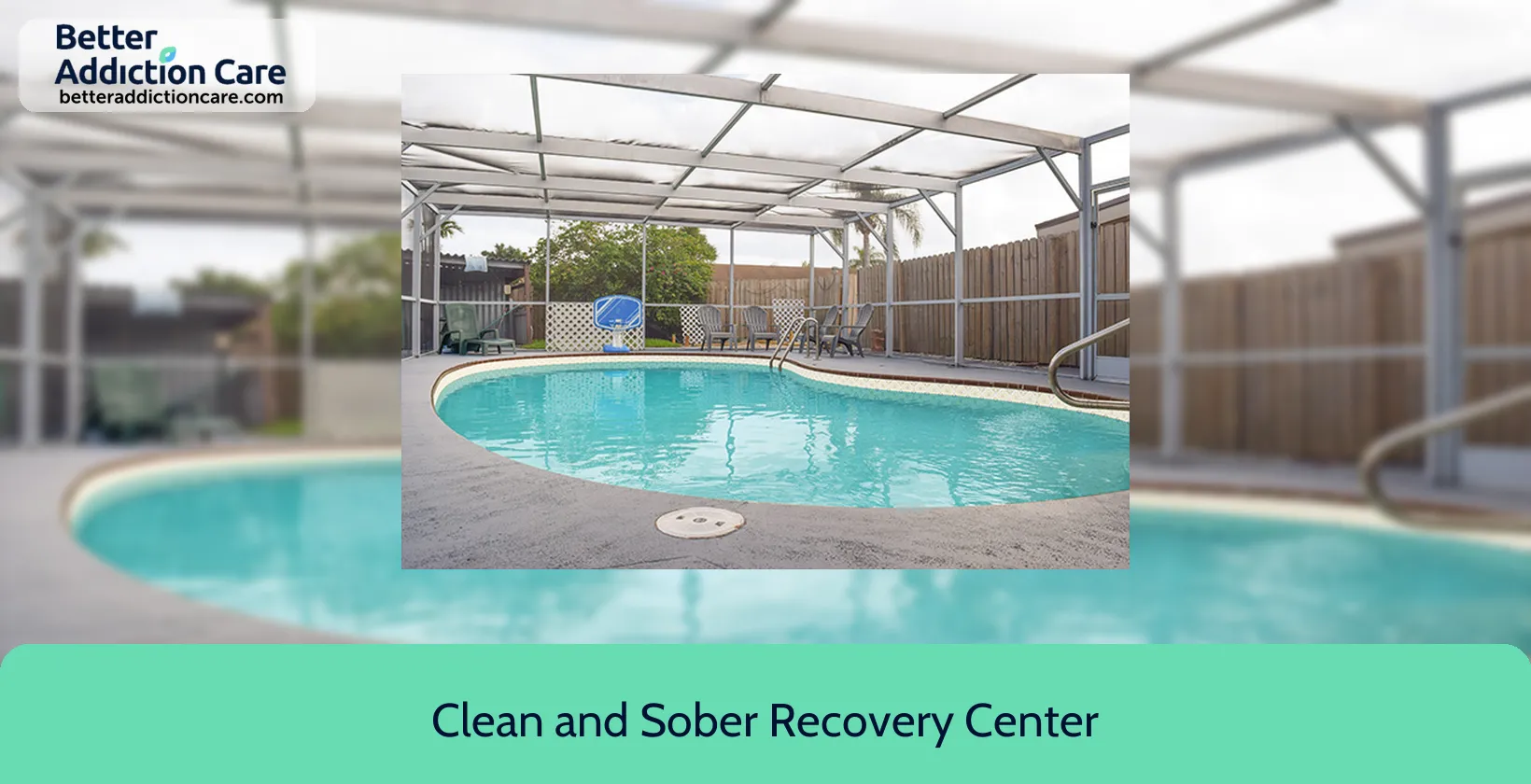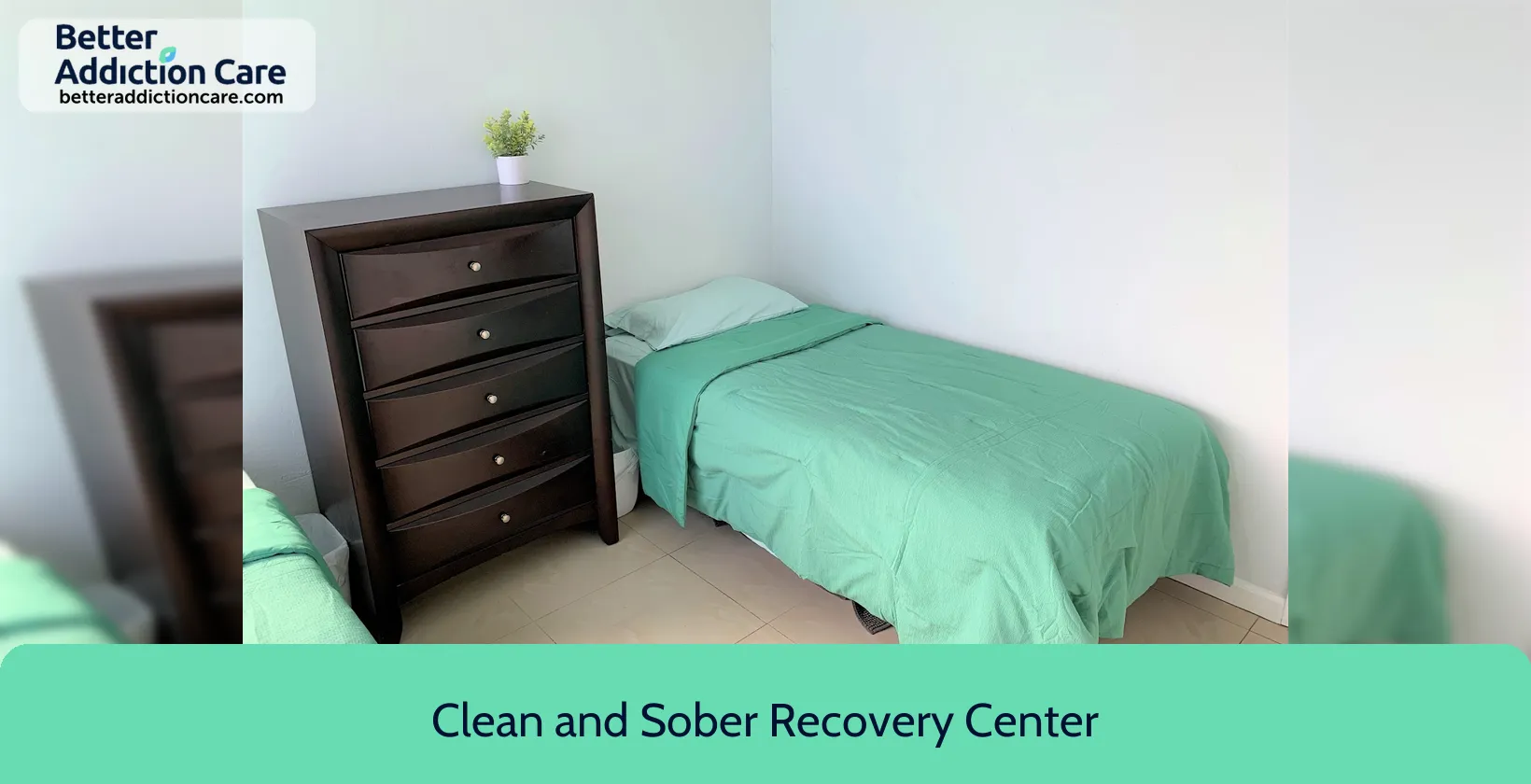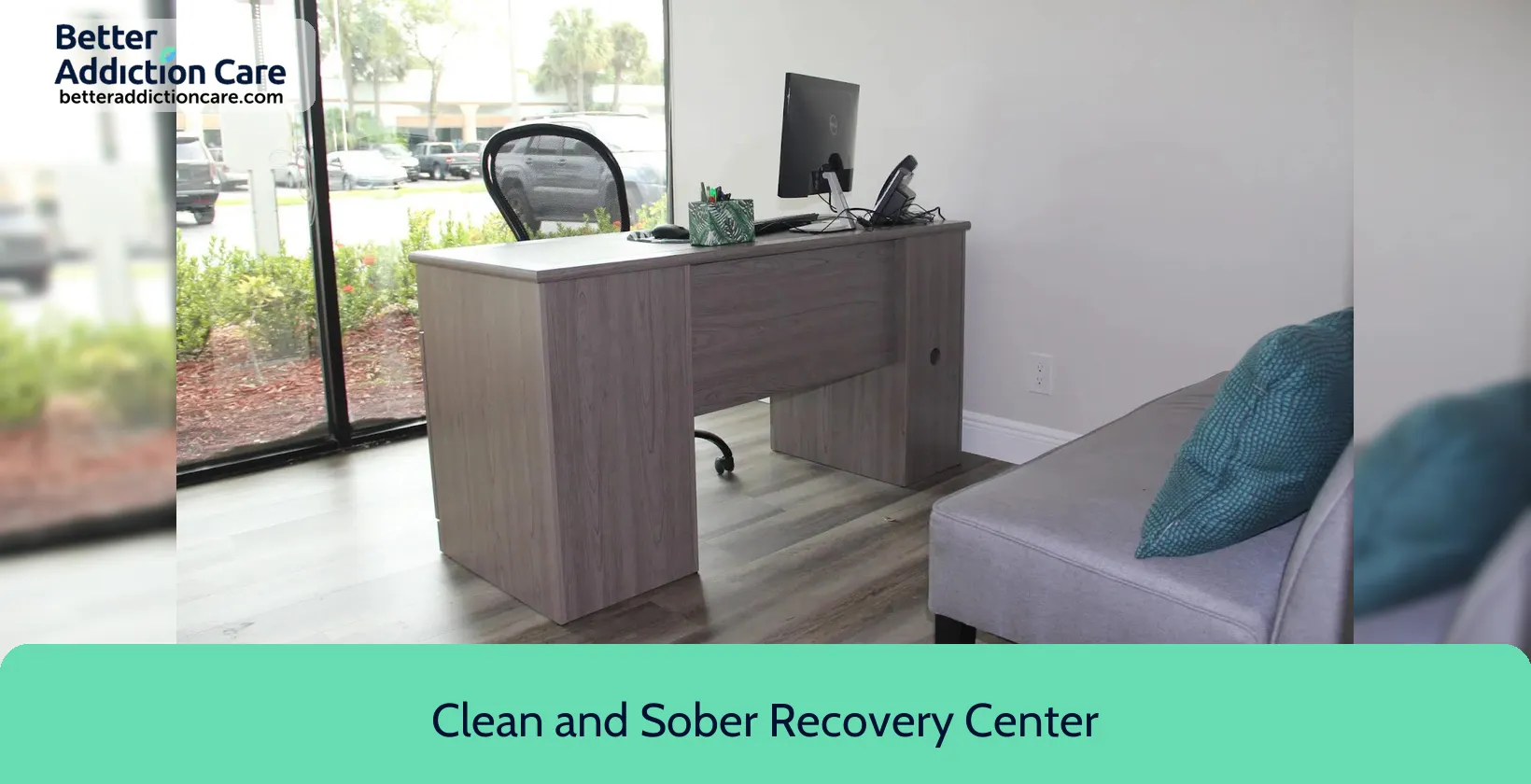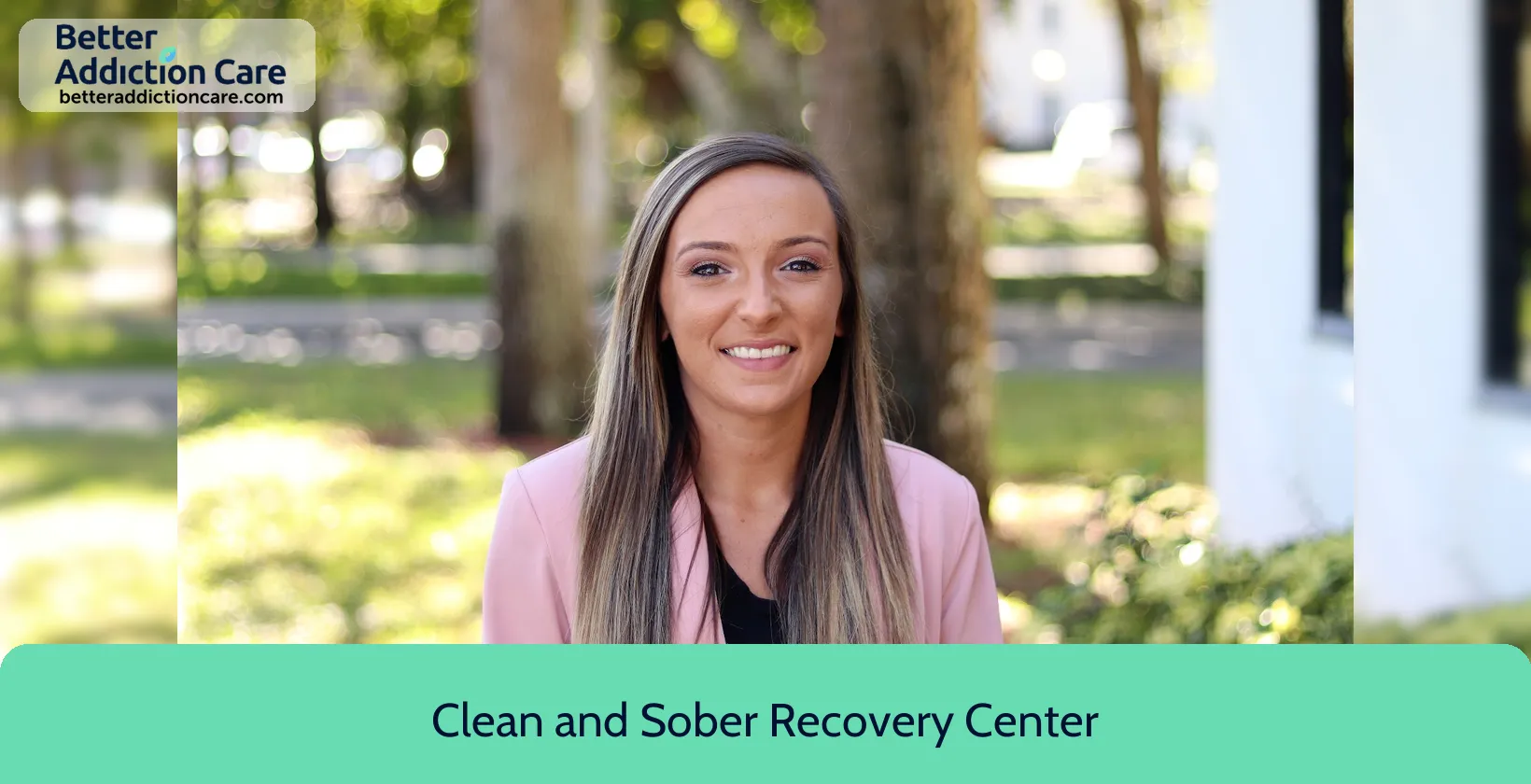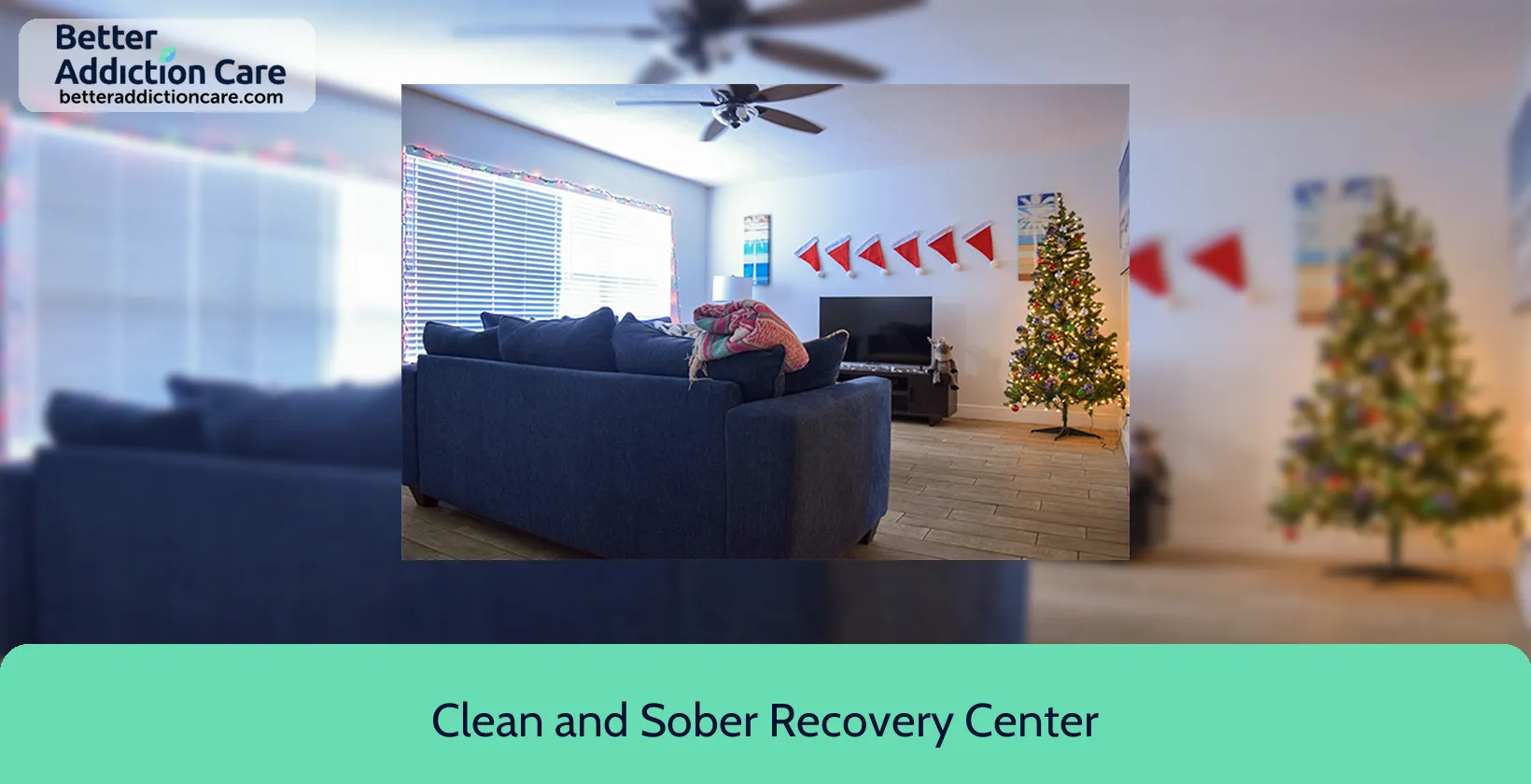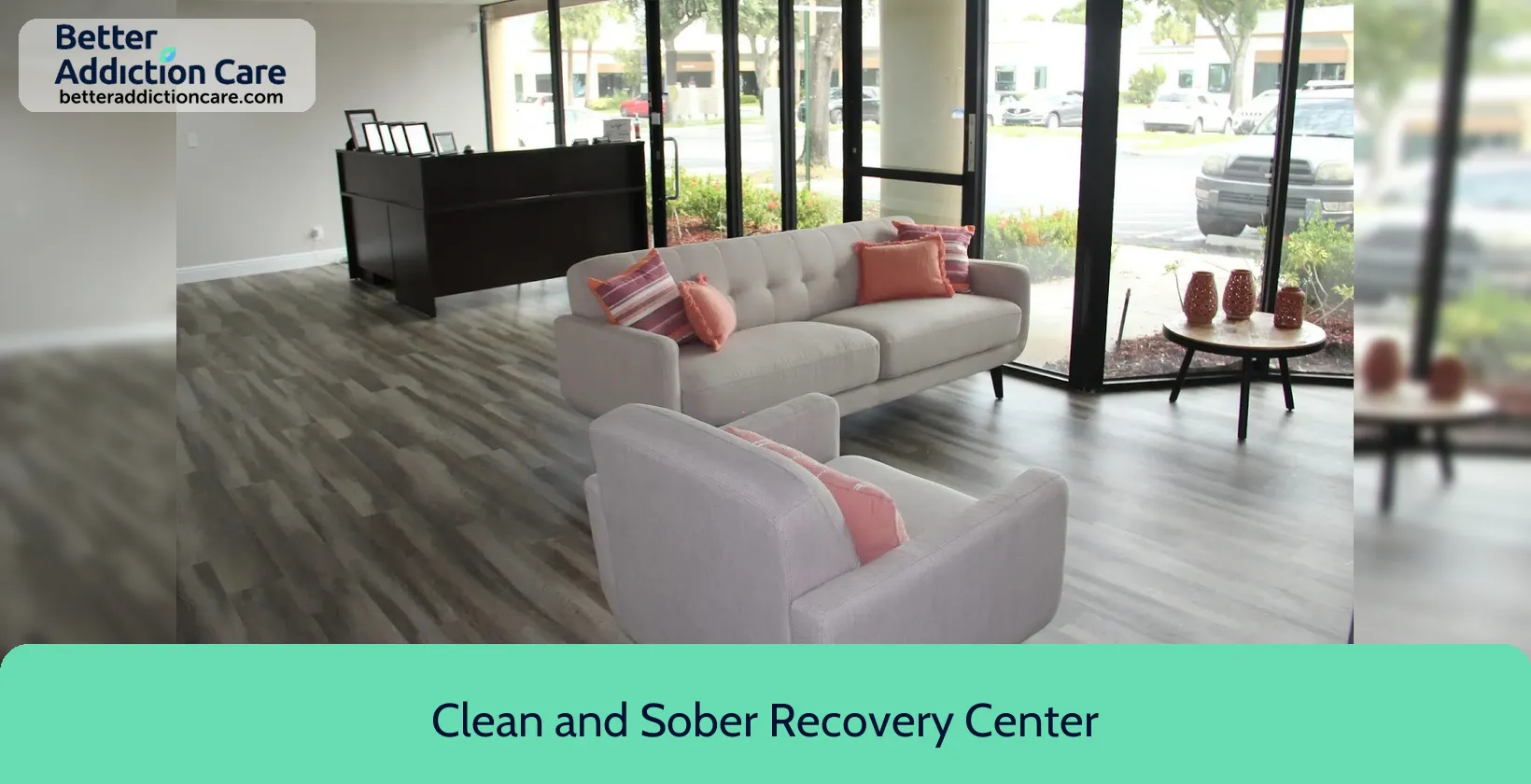Clean and Sober Recovery Center - Better Tomorrow Treatment Center
Overview
Clean and Sober Recovery Center - Better Tomorrow Treatment Center is a substance abuse treatment center for people seeking treatment near Palm Beach County. As part of their treatment modalities for recovery, Clean and Sober Recovery Center - Better Tomorrow Treatment Center provides cognitive behavioral therapy, telemedicine/telehealth therapy, and substance use disorder counseling during treatment. Clean and Sober Recovery Center - Better Tomorrow Treatment Center is located in West Palm Beach, Florida, accepting cash or self-payment for treatment.
Clean and Sober Recovery Center - Better Tomorrow Treatment Center at a Glance
Payment Options
- Cash or self-payment
- Private health insurance
- Payment assistance (check with facility for details)
Assessments
- Screening for tobacco use
- Comprehensive substance use assessment
- Outreach to persons in the community
- Screening for mental disorders
- Screening for substance use
Age Groups
- Seniors or older adults
- Young adults
- Adults
- Seniors
Ancillary Services
- Case management service
- Integrated primary care services
- Suicide prevention services
- Domestic violence services, including family or partner
- Social skills development
Highlights About Clean and Sober Recovery Center - Better Tomorrow Treatment Center
7.42/10
With an overall rating of 7.42/10, this facility has following balanced range of services. Alcohol Rehabilitation: 8.00/10, Drug Rehab and Detox: 7.85/10, Insurance and Payments: 6.00/10, Treatment Options: 7.82/10.-
Alcohol Rehabilitation 8.00
-
Drug Rehab and Detox 7.85
-
Treatment Options 7.82
-
Insurance and Payments 6.00
Accreditations
The Joint Commission:

The Joint Commission accreditation for addiction and behavioral health signifies that a facility has met rigorous standards in patient care, treatment, and safety. This recognition assures patients and professionals of the facility's commitment to providing high-quality, evidence-based care in the fields of addiction and behavioral health, fostering trust and confidence in their services.
Treatment At Clean and Sober Recovery Center - Better Tomorrow Treatment Center
Treatment Conditions
- Mental health treatment
- Alcoholism
- Substance use treatment
- Co-occurring Disorders
Care Levels
- Outpatient
- Outpatient methadone/buprenorphine or naltrexone treatment
- Outpatient day treatment or partial hospitalization
- Intensive outpatient treatment
- Regular outpatient treatment
Treatment Modalities
- Cognitive behavioral therapy
- Telemedicine/telehealth therapy
- Substance use disorder counseling
- Trauma-related counseling
- Group counseling
Ancillary Services
Additional Services
- Pharmacotherapies administered during treatment
- Mentoring/peer support
- Breathalyzer or blood alcohol testing
Special Programs
- Clients with co-occurring mental and substance use disorders
- Veterans
- Active duty military
- Members of military families
- Criminal justice (other than DUI/DWI)/Forensic clients
Get Help Now
Common Questions About Clean and Sober Recovery Center - Better Tomorrow Treatment Center
Contact Information
Other Facilities in West Palm Beach
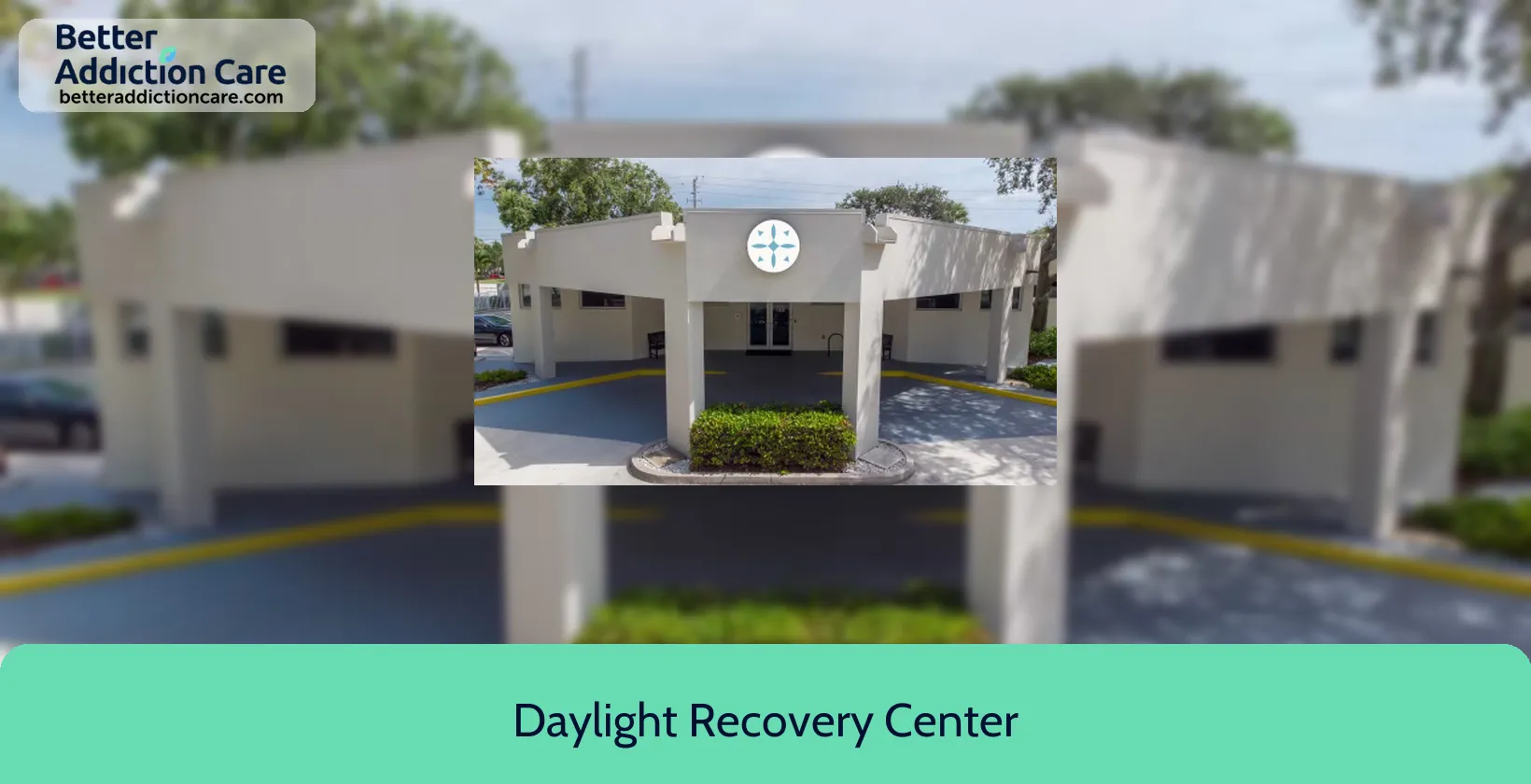
6.62
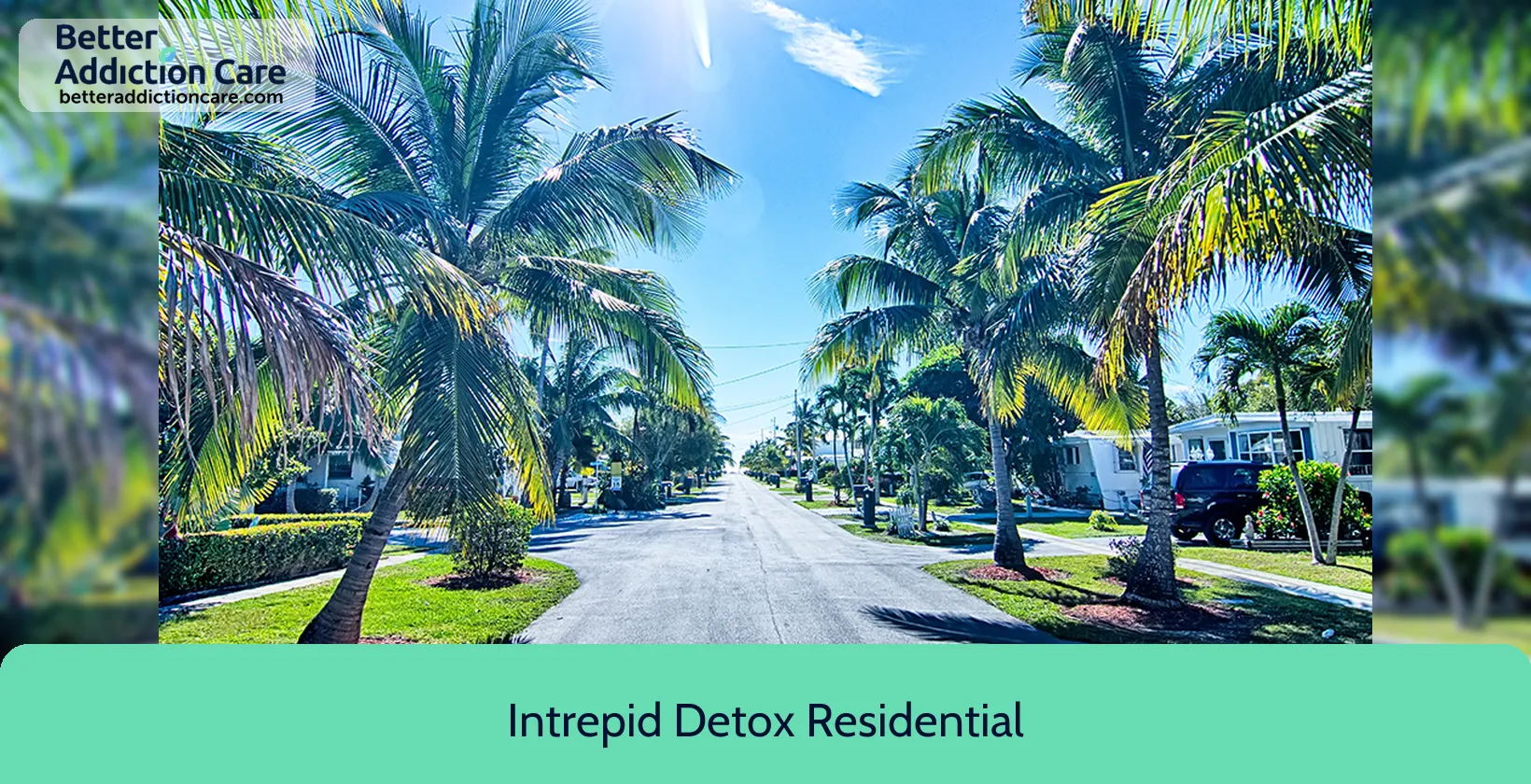
7.48
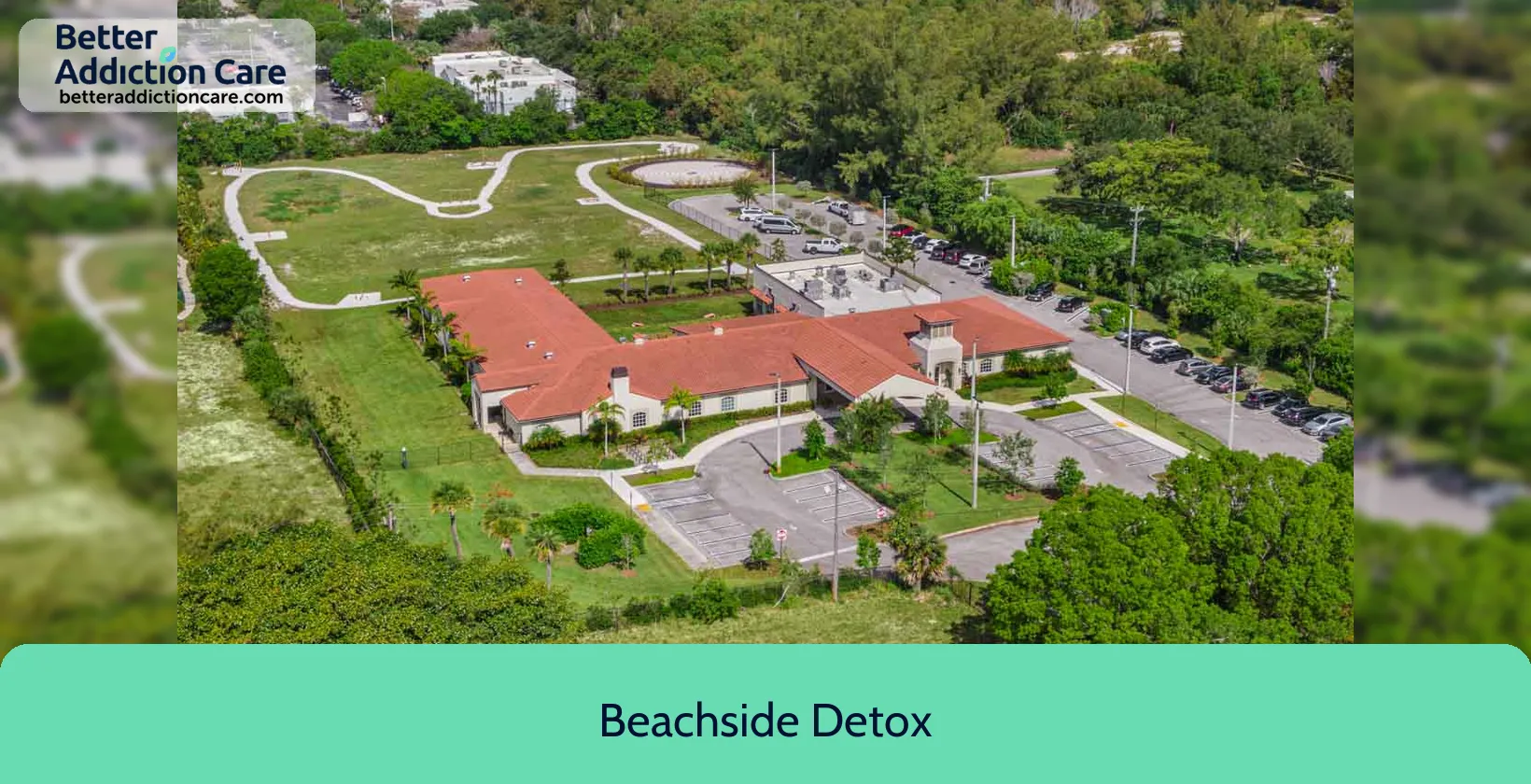
7.32
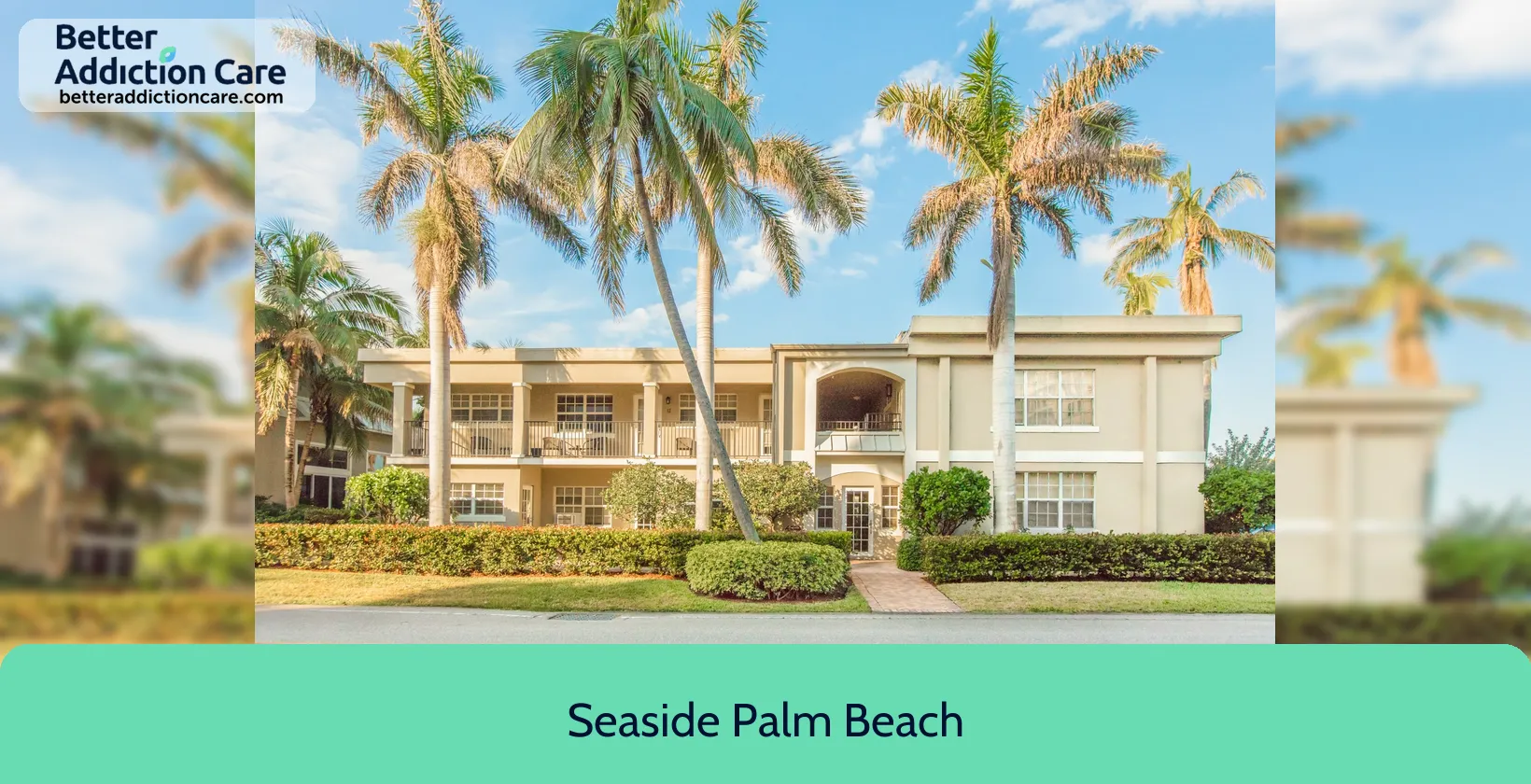
7.51
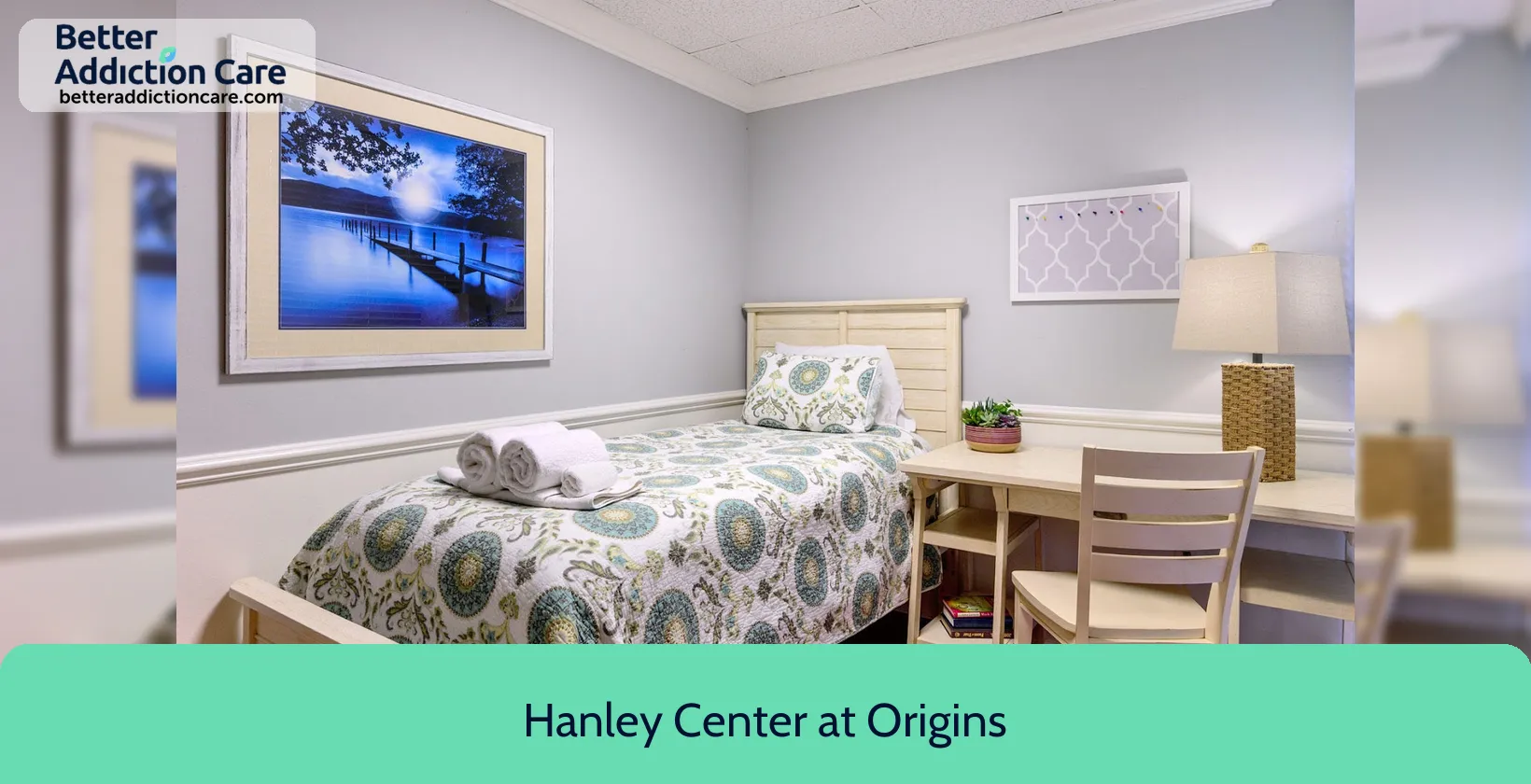
7.26
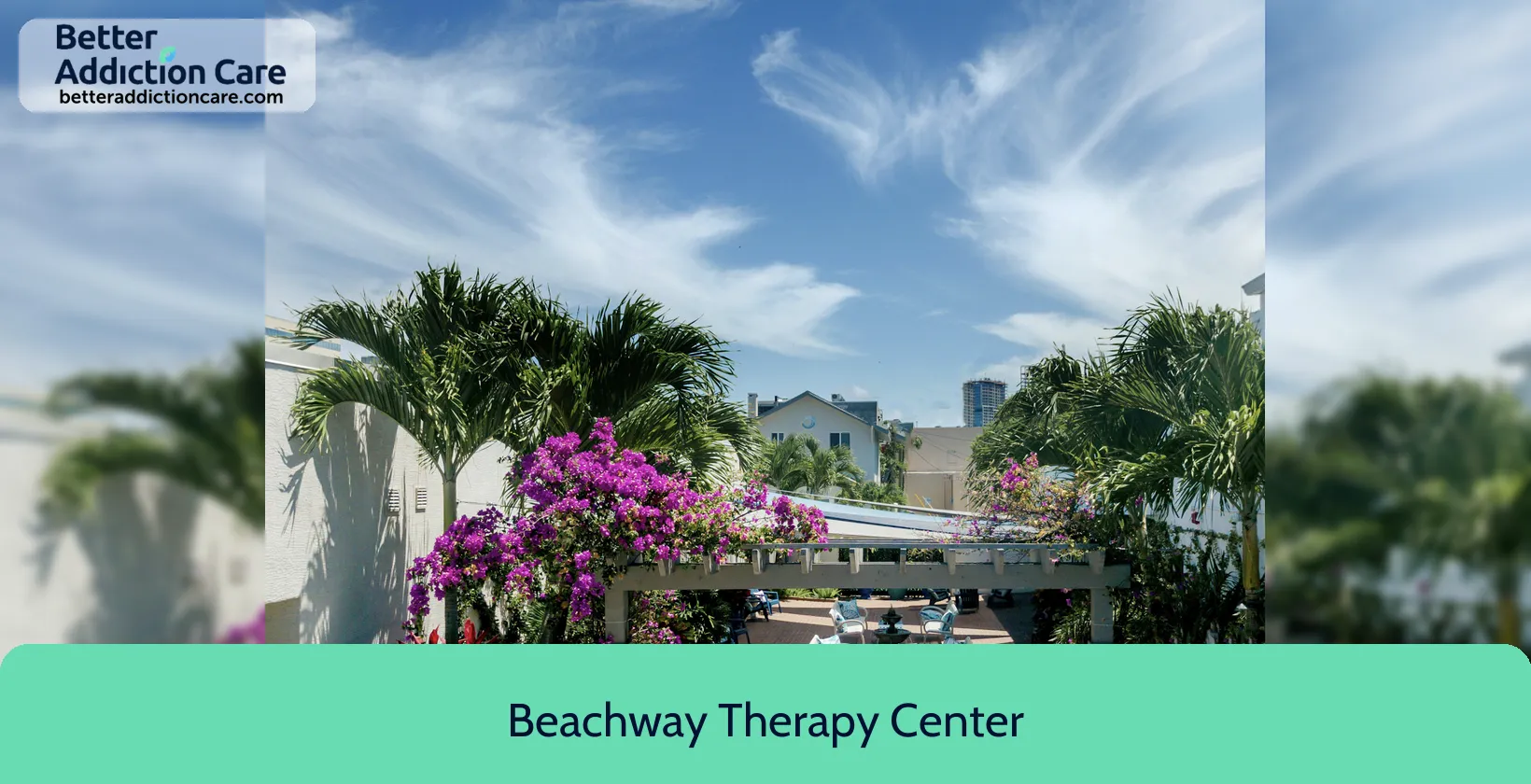
7.63
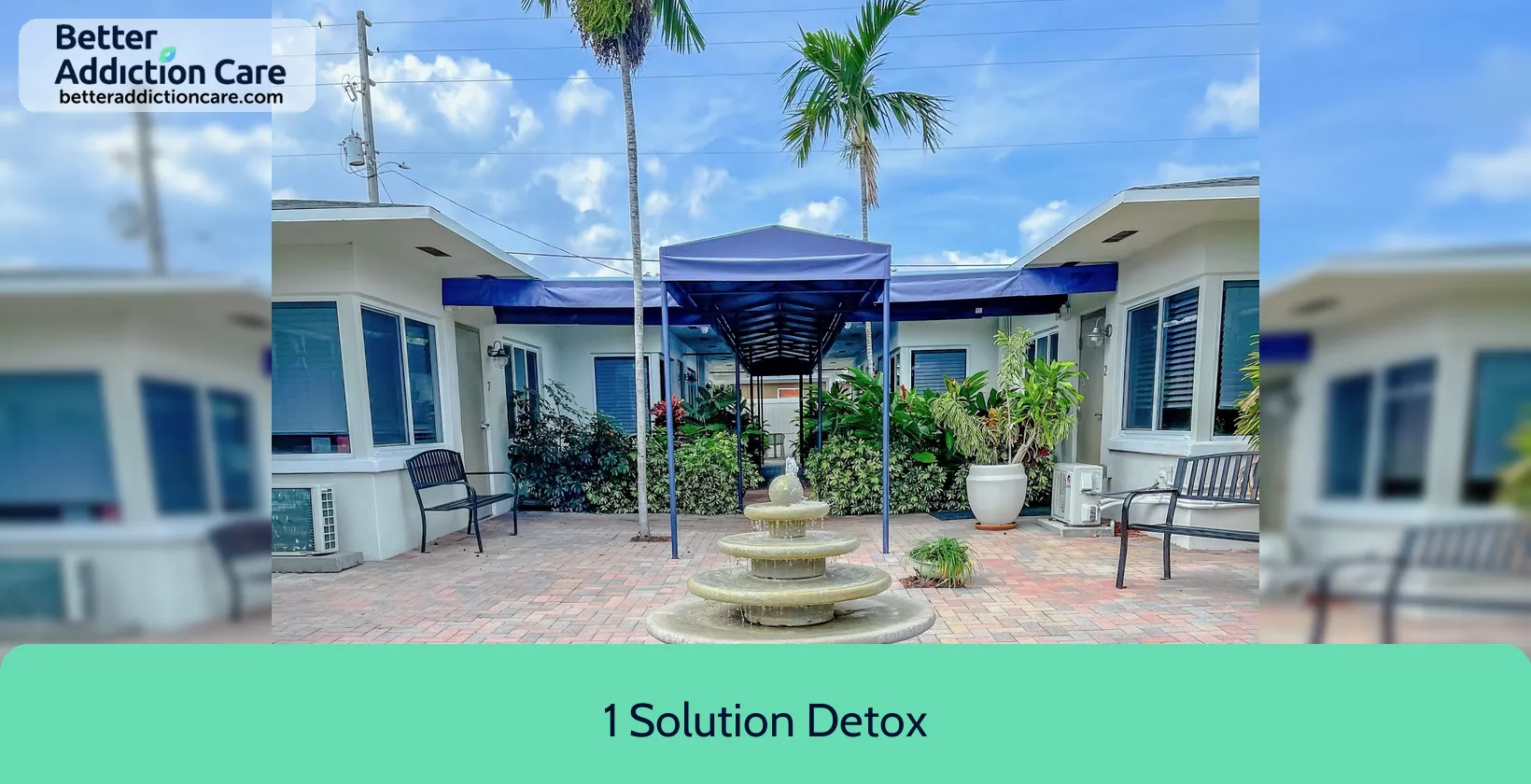
7.77
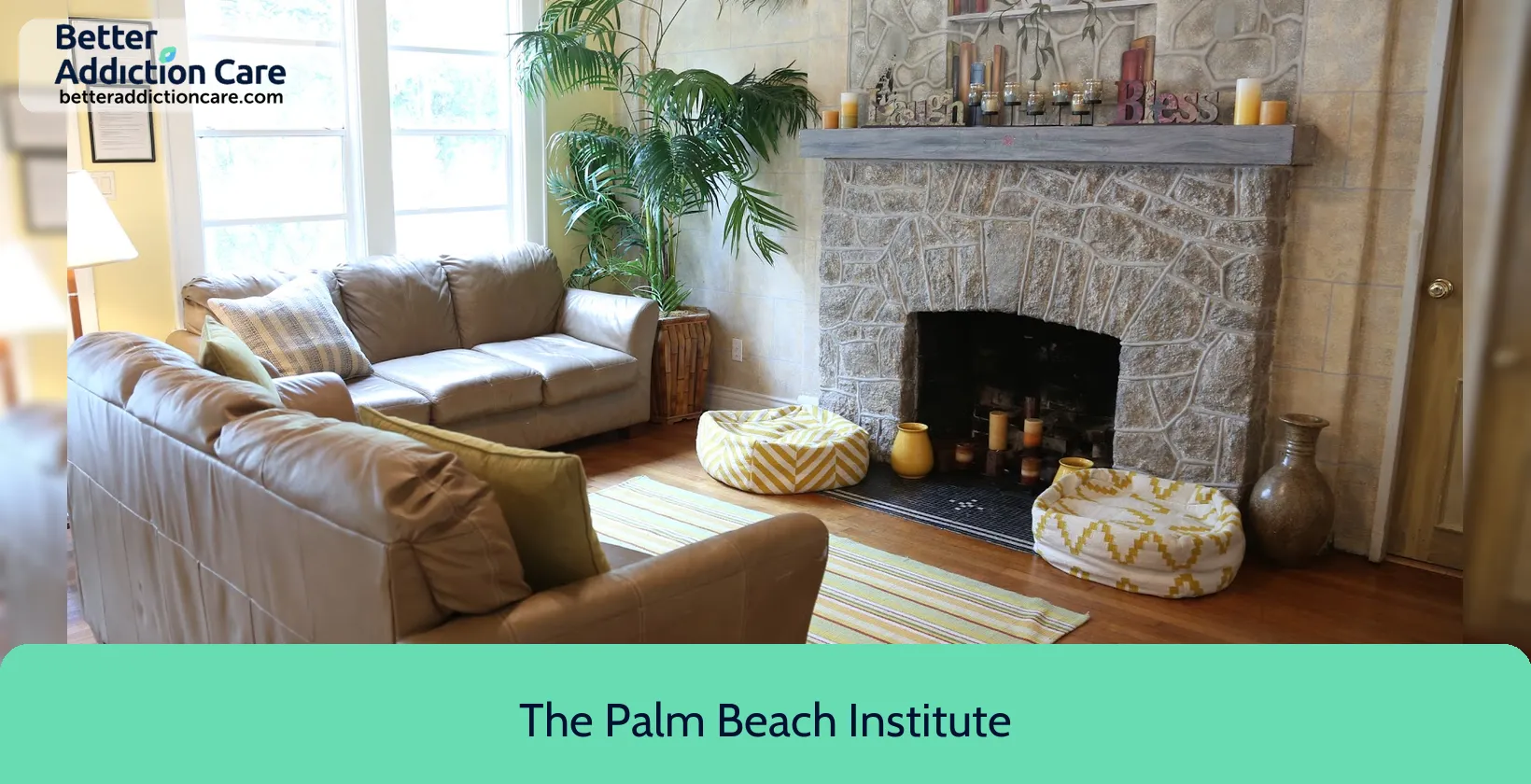
6.87
DISCLAIMER: The facility name, logo and brand are the property and registered trademarks of The Palm Beach Institute, and are being used for identification and informational purposes only. Use of these names, logos and brands shall not imply endorsement. BetterAddictionCare.com is not affiliated with or sponsored by The Palm Beach Institute.
